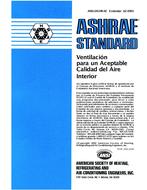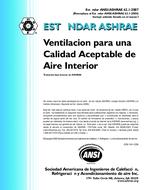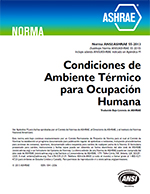Description
As energy intensive facilities, data centers in the United States consume about 2% of the nation’s electricity power, and their energy use is growing faster than the other building sectors. Because the IT equipment (ITE) loads dwarf the loads found in typical commercial facilities such as office buildings, data centers offer unique opportunities for achieving energy savings in the HVAC systems. However, there is no prototype energy model for data centers to provide technical analyses supporting technology assessment and codes and standards development (e.g., ASHRAE 90.4 and TC 9.9). This paper presented the development of data center prototype models and their implementation in OpenStudio and EnergyPlus, which is an addition to the existing DOE Commercial Prototype Building Model sets. Two types of data center models were created: (1) small-size – a computer room physically located in a building, served by CRACs, and (2) large-size – a data center that is standalone, served by CRAHs with a chiller plant. For each data center type, two levels of ITE load density are considered to cover the wide range of power density of data centers: For the computer room, 40 and 100 W/ft2; for the standalone data center, 100 and 500 W/ft2. All other basic assumptions such as building envelope, internal loads, HVAC efficiencies and schedules are based on ASHRAE standard 90.1. In EnergyPlus, there is an existing ITE object to simulate energy intensive facilities. However, the current algorithm can’t fully represent different scenarios of airflow management configuration within data centers. Therefore, we developed an approach and related metrics to simulate the airside of data centers considering different airflow containment configurations. The approach has been implemented in EnergyPlus and released for public use in 2018. The new ITE object has also been implemented in OpenStudio and will be released soon. The model scorecard, data sources, main modeling assumptions, as well as challenges are described and discussed in the paper.
Citation: 2019 Annual Conference, Kansas City, MO, Conference Papers
Product Details
- Published:
- 2019
- Number of Pages:
- 8
- Units of Measure:
- Dual
- File Size:
- 1 file , 1.9 MB
- Product Code(s):
- D-KC-19-C001




